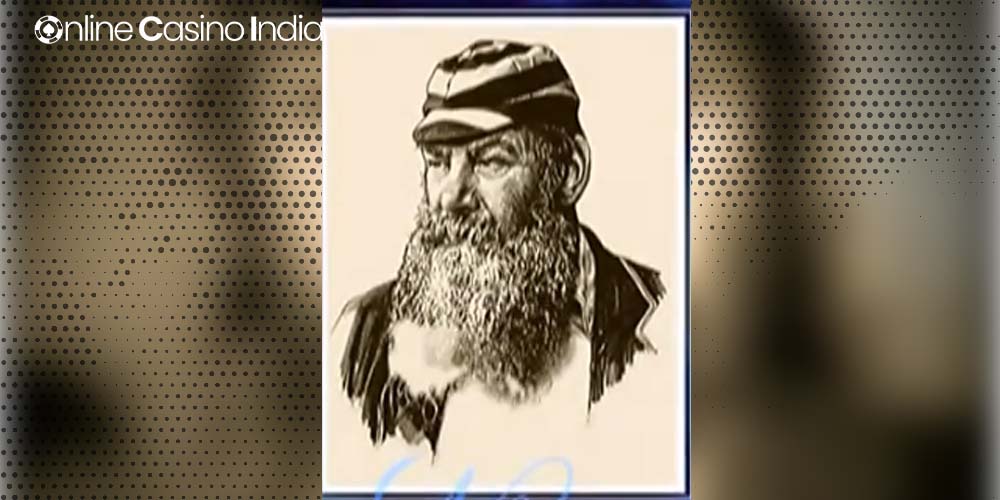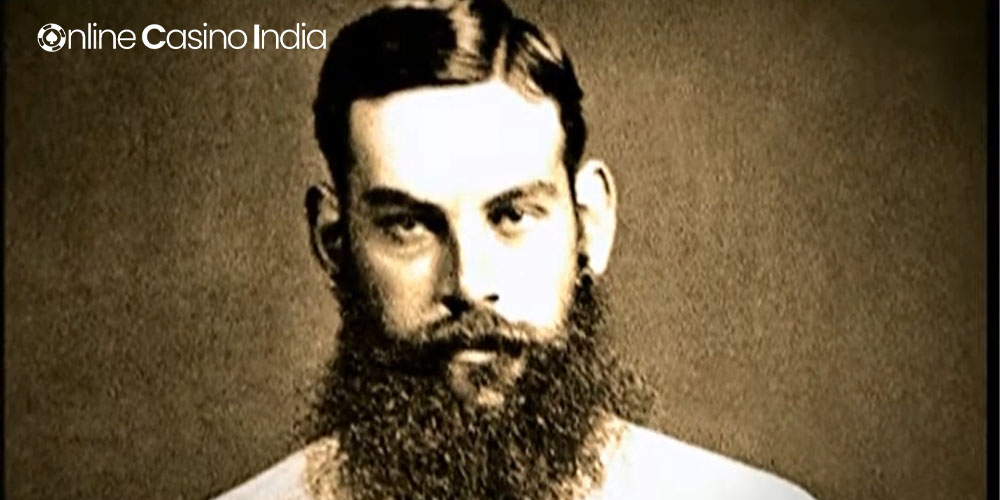We all know & love cricket, but have you ever stopped to think how it was that this much adored game became the global phenomenon it is? The whole thing took root in the mind of one man, W.G. (William Gilbert) Grace (Father of Cricket). Cricket is a game loved and played by over a billion people around the world.
Imagine being in the crowd on Centenary Day when W.G. Grace emerges to bat, knowing you are about to witness history unfold before your eyes.
Few can have had greater impact on a sport that was stagnant, complacent, and run by amateurs intent only on conserving their privileges than his progressive vision of cricket.
It is no hyperbole to state he revolutionised the game forever.
Who was W.G. Grace?
He was born in Bristol, England on the 18th July 1848 to John Grace and Martha. He was born in a family where a cricket ball sang the lullaby before sleep.
His father and brothers – Fred and E.M. Grace, were supporters of this sport.
Grace started his cricket career at an early age, near Bristol. He showed his game’s exceptional talent from the start, making him different from the rest.
The Pioneering Contributions of W.G. Grace

Cricket began as just an amusement game in the early 19th century. But, in the later years, he gave it the shape that we see in present-day cricket.
Can you imagine how different cricket would be without his innovations? He made cricket the sport of England with the love and play shown in this Gentlemen’s game.
He was also associated with the Marylebone Cricket Club.
They organised and maintained the rules of the game before the formation of ICC. W.G. Grace was an all-rounder player who was versatile in his game.
He was a ‘complete cricketer,’ and his influence wasn’t limited to England but rather worldwide.
W.G Grace — The Man Who Shaped Cricket
He is the most famous cricketer of all time. More than a century ago, he brought to himself dimensions far greater than mere statistical not out and his legacy held on for forty-four years.
All told the player appeared in 870 first-class games — scoring over 54,000 runs and claiming more than 2,800 wickets.
But can you picture the awe of his contemporaries when Grace racked up 839 runs in eight days, including two triple centuries?
It wasn’t just about the runs; it was about the unprecedented scale and brilliance that made these feats possible.
For instance, during a match against Kent in 1876, he scored 344 runs, setting a record that stood for decades and leaving spectators in awe of his skill.
Now, world records like 126 centuries and 254 half-centuries are not just statistics but moments of brilliance that stand as a testimony to his talent.
As cricket historian Simon Rae once said,
“He wasn’t just a great cricketer; he was the game itself.”
W.G. Grace in the Modern Age of Cricket
It probably goes beyond his stats — after all, Grace is on here, too. He brought in new strategies and techniques that cricket will never forget.
For example, his forward defensive shot became an iconic cricket stroke and was popularly known as the “Grace block.”
An all-rounder, one who could bat, bowl, and field. His leadership on the field was another area where he stood out.
Can you imagine how his ability to inspire and guide his teammates continues to resonate in cricket today?
Many of his contemporaries believed that his ability to inspire and guide his teammates was as crucial to his success as his skills.
This leadership style continues to influence cricket today. Players and fans alike continue to be inspired by his legacy.
W.G. Grace Beyond Cricket

Grace also participated in other sports, such as football, golf, lawn bowls, and curling. He was also a very popular individual in the public eye due to his love for cricket and bubbly personality.
However, his cunning and desire for financial gain often stirred controversy among his peers.
Despite this, many admired his ability to balance a medical career with his sporting commitments, seeing it as a testament to his dedication and work ethic.
Even so, his influence on cricket cannot be debated.
Why is W.G. Grace referred to as the “Father of Cricket”?
When you ask a common man “Who is the Father of Cricket?” They might say Don Bradman or Sachin Tendulkar should be given the title “Father of Cricket.”
But W.G. Grace holds the distinction for a reason. His 100-plus centuries and more than 2800 wickets were not merely records but milestones that redefined the game of cricket.
His contemporaries watched in awe and envy as he redefined the possibilities of the game, overcoming challenges with his innovative approach.
His desire to play the game and ability to put in time trying different styles is what stood out most.
The Father of Cricket: W.G. Grace’s Legacy
We have his spirit alive and well in cricket today! Gates at the entrance to Lord’s Cricket Ground in London have been named after him; they are called “The Grace Gates.”
He is widely regarded as one of the greatest cricketers on whom cricket historians like to reflect.
He was so influential during his era, however, that most of the players alongside him declared he wasn’t just a contemporary but also carried an air of mastery.
His efforts greatly aided in transforming cricket into a global game played by millions.
Can you imagine cricket without his enduring legacy?
We see his influence in the way strategies are developed, techniques are honed, and the spirit of the game is upheld even today.
Conclusion
W.G. Grace wasn’t just the Father of Cricket; he was the architect of the modern game, whose influence continues to shape every match played today.
Their might be modern legends or god of cricket over who have made their marks in the game. But you now for sure know “Who is the Father of Cricket?”
As his influence continues to shape the sport, inspiring cricketers and fans alike more than a century after his passing.
His legacy lives on, not just in the records he set but in the very spirit of cricket that endures today.








